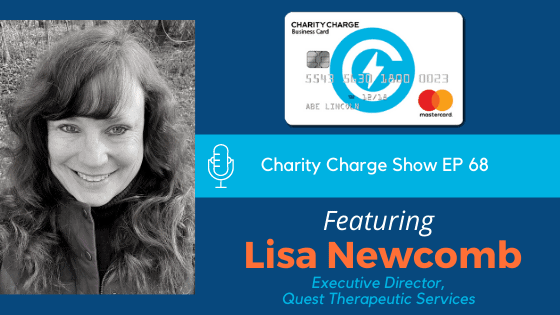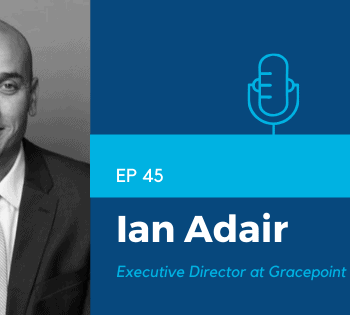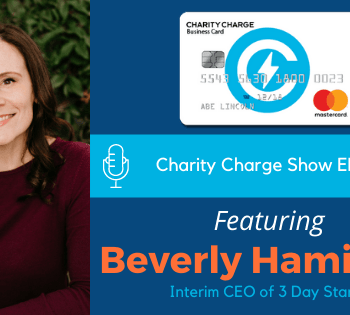In Episode 68 of the Charity Charge Show, Stephen talks with Lisa Newcomb, Executive Director of Quest Therapeutic Services, whose mission is to provide exceptional pediatric therapy services to enhance the lives of children with disabilities in the Delaware Valley. Stephen and Lisa talk about insurance gaps, how to plan for an unexpected pandemic, and how Charity Charge is helping NGOs feel get away from feeling “less than” in banking relationships.
Quest Therapeutic provides a range of therapy services, including early intervention, occupational and physical therapy, and hippotherapy, also known as equine-assisted therapy, in which the therapist uses the horse as part of an overall treatment plan to achieve specific functional goals, such as improving postural control, balance, sensory integration, and/or walking.
Lisa Newcomb joined Quest Therapeutic Services as the Executive Director in February, 2017. Lisa has held numerous positions in the non-profit sector over the past twenty years, both professionally and as a volunteer. Prior to her arrival at Quest, Lisa was the Executive Director at the Melanoma International Foundation for over a decade, managing events, donors and corporate relationships. She volunteered for Make-A-Wish and served on various boards like The Giving Tree. Lisa is passionate about serving her community, loves to read and enjoys spending time with her husband and three grown children.
Lisa’s thoughts on how Quest Therapeutic Services managed the shutdowns of 2020:
I actually credit our therapy manager for putting us in an excellent position. When I arrived at Quest, primarily everything revolved around the horses. And she really had a vision to have the horses be a piece of what we do. We really strive for excellent therapy in the clinic and then shorter durations on the horse to support the work that we do in the clinic. When COVID came around in Pennsylvania, we actually got shut down completely. But because we had taken our focus and made it where the horses were a part of what we do, but not everything, we were able to move to a teletherapy platform and provide therapy that way. The parents and the therapists already felt really comfortable in doing activities that weren’t on the horse. Probably 75% of our families participated in teletherapy from the end of March until probably the end of July. And then we started a slow reopening in July. Currently, we still have about eight kiddos that are receiving teletherapy; the rest are back in person. I don’t think you can prepare for something like what we’re currently going through, but I do think we need to think, “What if you lose one part of your program? How do you continue to exist?” So for us, I hate to say, what if something terrible happened to our horses? How would we continue to move forward?” There are diseases that like can go through your whole barn that horses recover from, but you have to shut down for maybe six weeks. You have to look at what you do and think about what would you do without that component. Because we, fortunately, had started to already consider that, it put us in a really good place to be creative and pivot very quickly to what we needed to do to continue.
Interested in listening to the full episode and hearing more from other nonprofits? Check out more episodes here Charity Charge Show





